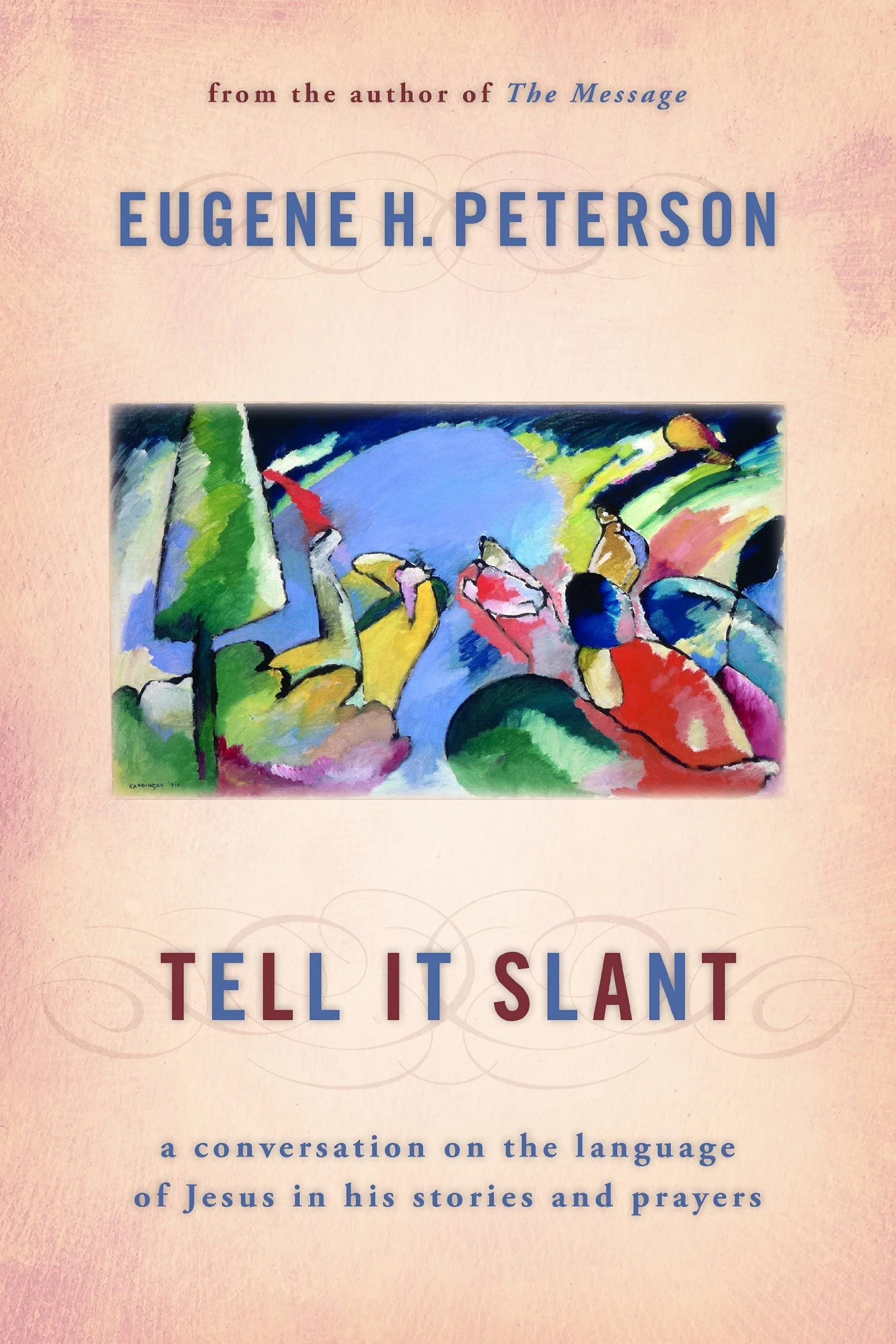Forgiveness and Justice
In Tell It Slant: A Conversation on the Language of Jesus in His Stories and Prayers (Eerdmans), the fourth in his excellent five-part “conversation in spiritual theology,” Eugene Peterson warns against the dangers of godtalk: taking rich theological and spiritual language and cheapening it for short-term ends, using it to manipulate or depersonalize rather than to love and serve in Jesus’ name. It’s not always obvious at first, but eventually, the twisting of language leads to the twisting of lives.
It’s easy to point to the ways others twist biblical language for their own ends, but it’s often painful, or at least inconvenient, to take an honest look at ourselves and the ways we do the very same thing. Christians my age, it seems to me, would do well to consider the kinds of language we use to talk about our concern for justice.
Do we talk about justice the way the Bible does, the way Jesus does, in the context of everything else he has to say about our depravity, our brokenness, and the basis of our hope? Or do we talk about it the way we simply prefer to, the way we wish the Bible did? Is it possible that when we observe what is wrong with the world — and we don’t have to look far — we use the language of justice by default when Jesus may be calling us to use a different, more costly kind of language that leads to a different, more costly — and ultimately more redemptive — way of life?
In his meditation on Jesus’ final words from the cross — in particular, “Father, forgive them; for they know not what they do” (Luke 23:34) — Peterson writes:
We live in a world seething in sin and awash in violence. We daily read and see the news of it in the media. We also come up against it, even though unreported in the police logs, many times a day in our homes and workplaces and neighborhoods. What I am contending for as a consequence of praying Jesus’ prayer from the cross is that forgiveness should become our first response to every person who demeans and hurts and takes our life. There certainly will be matters of justice for society to deal with along the way, and it may be important for us to participate in them. There are judges and prosecuting attorneys, police and juries, and there are many of us who pursue and uphold and cause of justice who are counted among them. But who else is there to say “Father, forgive them” but Christians who know how to pray that prayer with Jesus? However important justice is — and it is important — forgiveness is more important. The Christian at prayer, even as Jesus at prayer, is not first of all an impersonal agent of justice but a personal conveyor of forgiveness and a witness to the resurrection.
Such forgiveness is not soft sentimentality. It is hard-edged gospel. Such forgiveness is not a moral shrug of the shoulders. It is a white-hot flame of resurrection love forged in the furnace of the cross.
Assuming that the criminal crucified next to Jesus was receiving a just death sentence (he said as much himself), the sentence was not revoked in Jesus’ prayer. The criminal died for his crime. But forgiveness trumped justice. It always does (pp. 247-8, emphasis mine).
I hope we’ll continue to seek justice and to speak about it. But as recipients of God’s grace, which is the last thing any of us deserve, let’s remember to give forgiveness the last word.
